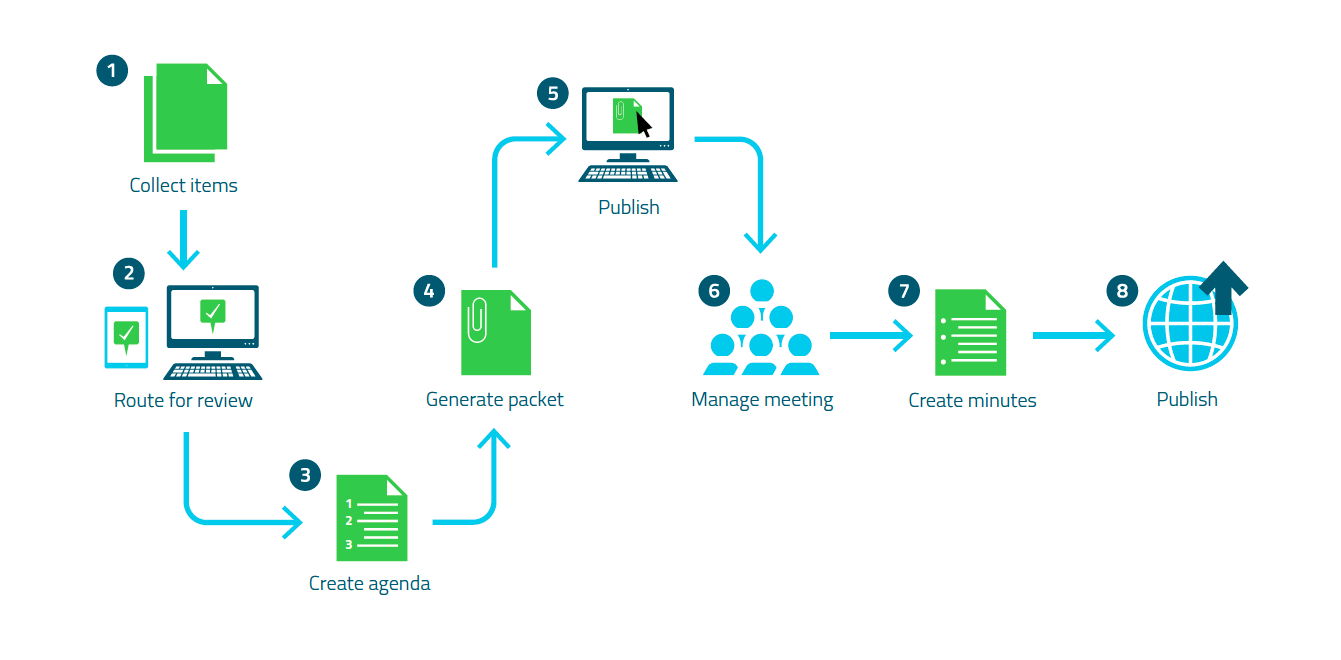What do you know about the clerk working in your city our county government? We’re guessing probably not a lot. However, a clerk in your local government is constantly doing a lot of work — mostly behind the scenes that you may never know about.
And the fact is, the job of a clerk is critical to the government. Want to know why? Here are just a few reasons:
- Clerks are keepers of the public records
- Clerks are stewards of important information
- The clerk is a central and important role in how transparent government is
- The work they are doing is about making the legislative bodies as informed as possible
- They also make information available to the public so they can attend important public meetings and make their views heard
The clerk is typically required to prepare the packets of agendas for each government meeting and notify commissions if others’ input is required for certain agenda items. The clerk assembles the agenda packets and distributes them to council members. Minutes of the meetings are ordinarily recorded and edited by the clerk and distributed to the council members upon completion.
That’s a lot of work – and it involves a lot of paper. In fact, a clerk can spend up to 40 hours a week JUST on these agenda packets and duties – never mind everything else they have to do.
Gathering and scheduling agenda items that exist in emails, spreadsheets and paper files is time consuming for a clerk. After hours of printing and collating, last-minute changes and ad-hoc items add pressure to already tight deadlines.But going paperless can help the clerk do these critical tasks more efficiently and quickly, freeing them up for other important functions.
A paperless process, done through Hyland’s Onbase Agenda management tools, lets clerks submit items through electronic forms and attach supporting documents. Once submitted, the review process is automated so that staff can complete agenda item approvals from their desktops, from within Outlook or from their smartphones and tablets. Once you have approved items and supporting documents, OnBase Agenda allows you to assemble agenda packets with one click.
OnBase can automatically add ordinance and resolution numbers, page numbers, placeholder pages and other aspects of your agenda template, and even creates public and executive session packets. If revisions are needed, OnBase Agenda can easily incorporate changes with drop-and-drag reordering for agenda items or the option to move items to a future meeting. With one click, you distribute and publish the agenda for the public and your legislative body. And, with electronic distribution, you meet green initiatives by eliminating paper-based agenda packets.
When a clerk is able to go paperless, everybody wins.






Leave a Reply
You must be logged in to post a comment.